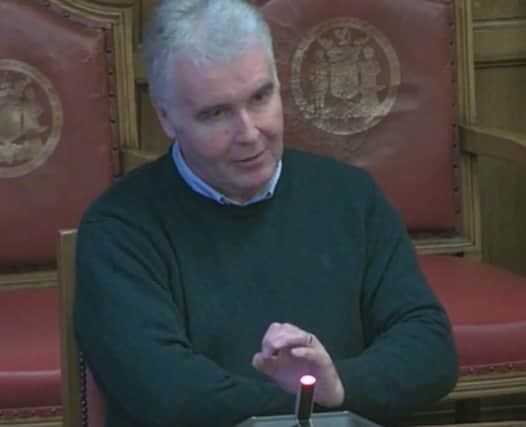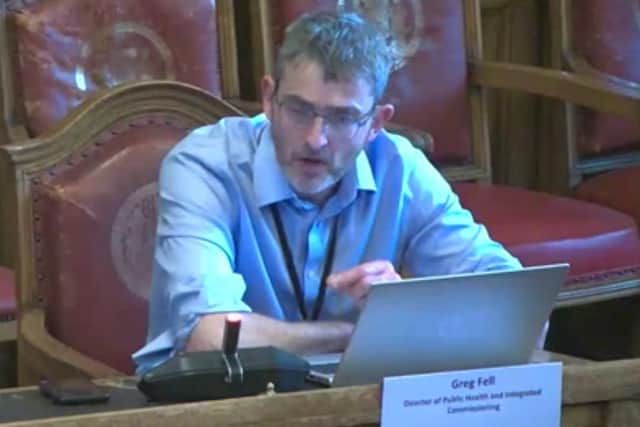Sheffield pledges to improve health and wellbeing of poorest citizens


Sheffielders living in the city’s poorest areas live on average a decade less than those in the better-off areas and they also spend more of their lives in poor health, research shows. A Sheffield Joint Local Health and Wellbeing Strategy is looking at how to improve life for everyone in the city over the next 10 years.
A report from the strategy team was discussed at a meeting of Sheffield City Council’s health and wellbeing board (March 28). It heard that as part of its work, the team has looked at 22 sources of public engagement over the past five years, involving at least 1,836 people of diverse ages, life experiences and communities.
Advertisement
Hide AdAdvertisement
Hide AdA YouTube video called ‘What matters to people in Sheffield for a good life’ pulls together all the points made in those consultations into 11 broad themes.
A report to the board said: “There has been clear consensus from the input of the public, partners and board members that we want to see a fairer and healthier future for Sheffielders, and that the overarching aim and vision of the new strategy should be to: ‘Close the unfair gap in length and quality of life, by improving the health and wellbeing of those worst off the fastest’.”
Frustration
Council assistant director of public health Susan Hird told the meeting that people consulted spoke about a sense of disappointment and frustration about a lack of determined action in the past. “What we’re hearing from people is we can’t keep doing the same things the way we’ve always done them.
“There is a strong desire for the strategy to encourage new thinking and new bravery from all parts of the system in the future.”
Advertisement
Hide AdAdvertisement
Hide Ad

The board agreed that the 10-year strategy should be reviewed every three years and there should be a series of one-year delivery plans. It will discuss the strategy in June and an interactive version should be available by the end of the summer.
Dr Zak McMurray of the NHS South Yorkshire Integrated Care Board said that far more could be achieved if a shift of resources was allowed to move away from the “illness factory medical model approach that is completely opposed to what we’re trying to achieve”.
He said that the current NHS model based on that approach is not sustainable, predicting it will “disintegrate if we don’t shift to wellbeing”.
Unemployed
Council director of public health Greg Fell stressed the need for “holding our nerve when we know we’ve got it right”.
Advertisement
Hide AdAdvertisement
Hide AdMr Fell also presented a separate report about the importance of work to people’s health. He said good work is good for health and both getting and retaining a job are important.
People who are unemployed die earlier than employed people, he told the board.
The board agreed to take up opportunities to advocate for good work, linked to its importance for good health. It also recognised its own role in providing good-quality work as an employer and provider of services.
Mr Fell said that bosses need to better understand their legal requirements to make reasonable adjustments for employees with disabilities, including what support is available.